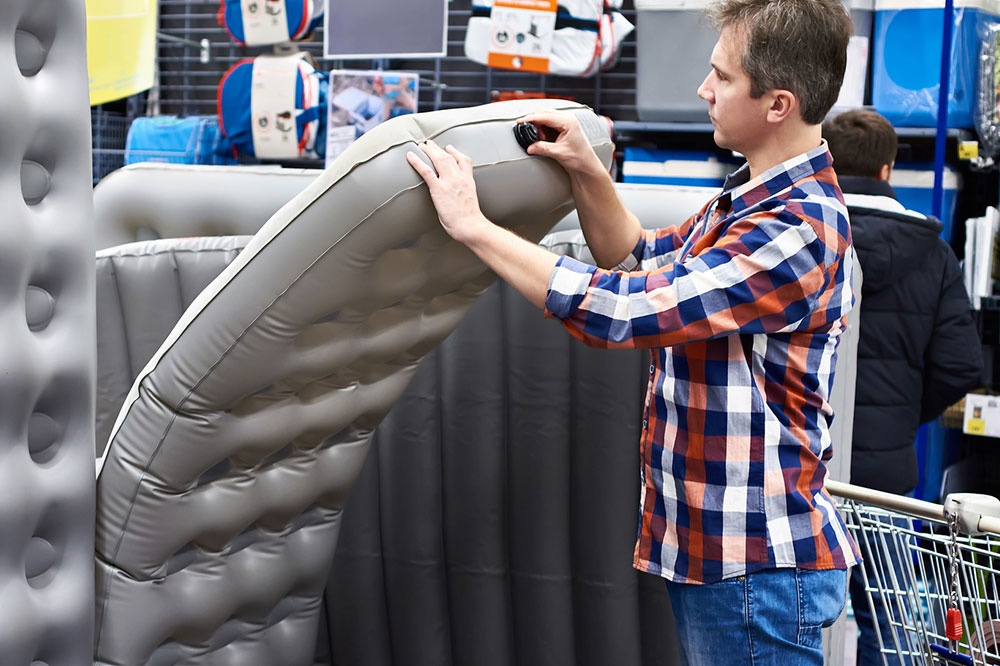
Tips for Buying a Mattress for Low Back and Hip Pain
Sleep is important for physical recuperation, but many times, sleeping on the wrong mattress actually increases lower back and hip pain. If the mattress is old and worn out, then it will not offer enough support to the body. Also, if the firmness level is not suitable, then it may aggravate pain near the hips. If you are experiencing the same, then a mattress upgrade can help. Here are some mattress tips for lower back and hip pain:
1. Check the firmness
Although people with chronic back pain are told to sleep on a firm mattress, it may not be an ideal choice always. According to experts, a hard mattress may not improve sleep quality and alleviate pain for everyone. A study indicated that participants who slept on medium-firm mattresses experienced less pain as compared to those who slept on firm ones. Hence, avoid a firm or hard mattress if it is not helping in any way. This is one of the most important mattress tips for low back and hip pain.
2. Test the mattress
A mattress that helps align your spine with your joints properly while you sleep is an ideal option. If you are unable to sleep well at night and are waking up with more pain, then your mattress may be the reason, as it may not be giving the much-needed support to your spine and hips. You can perform a simple test before purchasing a mattress. Place the mattress on the floor and sleep on it for a couple of days. If the pain reduces, then a firm mattress may be good for you. However, if you experience more pain and are unable to sleep well at night, then you must try a medium-firm mattress.
3. Rotate it
If the mattress is beginning to sag or if you experience more pain when you wake up, then it’s time to rotate it. Experts suggest that you must rotate the mattress every three months to once a year. Changing the mattress position will ensure that it wears evenly over time. Before investing in a new mattress, rotate or flip your current one to see if it helps.
4. Look for a money-back guarantee
A new mattress can be expensive and there is no guarantee that it will ease your back and hip pain. You may try it out in the store for a few minutes, but this short trial may not be enough for you to make the right decision. Hence, look for a mattress with a money-back guarantee. Test it for a month or so and return it if it is aggravating the pain.
5. Choose a non-toxic option
According to experts, certain household chemicals used in mattresses can cause flare-ups in people suffering from autoimmune conditions, such as rheumatoid arthritis. Hence, choose a non-toxic mattress that is made of organic materials, such as cotton and bamboo.


